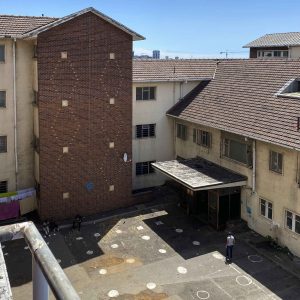Evicted Woodstock residents fight for fair housing
In a major win for the community, the high court in Cape Town has ruled that people evicted from the gentrifying neighbourhood must be offered alternative accommodation nearby.
Author:
3 November 2021

Charnell Commando, 35, has lived on Bromwell Street her whole life. It is on the border of Woodstock and Salt River, two Cape Town suburbs that are fast becoming prime property because of their proximity to the central business district.
Gentrification over the past decade has forced property prices up, making it too expensive for some residents to continue living in the area. The “trendy” neighbourhood of Woodstock is marketed as an exclusive suburb in which to live, but this is forcing working-class residents out.
“I have such lovely memories in Bromwell Street,” says Commando. “It’s not just a street, it’s a community. I can go next door and borrow something. If your child is in trouble, I will be there for your child. We have children playing soccer every weekend. It’s just how we stay among each other that makes that community.”
Property developer Woodstock Hub bought cottages in the area, including the one in which the Commandos live, in 2013 for more than R3 million.
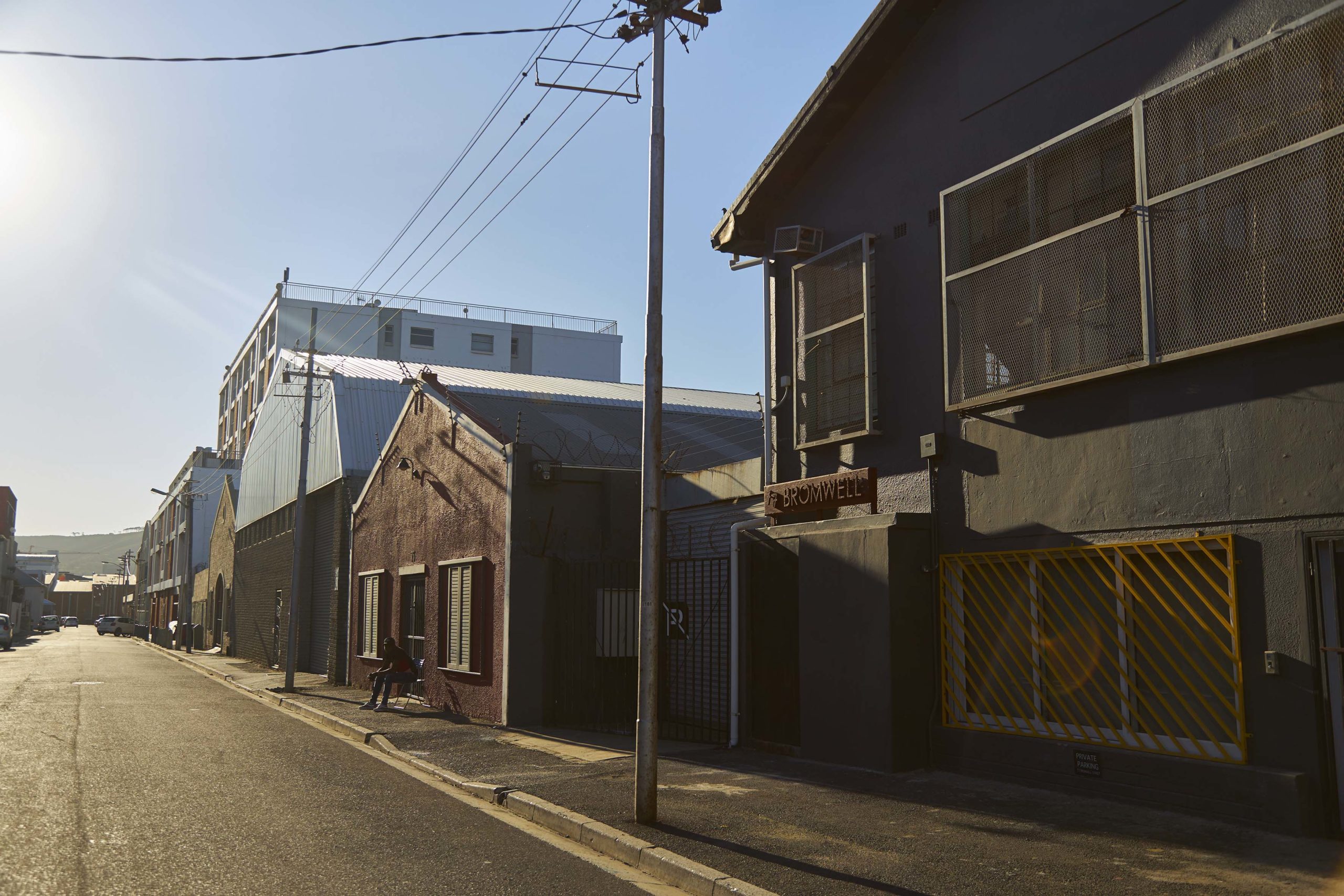
At least 26 people, including elderly residents and children, were faced with eviction when orders were first served in 2014. The high court in Cape Town granted the eviction in 2016. But the residents would not leave, saying there were no affordable housing options in the area. The City offered them alternative accommodation on the outskirts, but they refused it. Following an ongoing and lengthy court battle, the high court in Cape Town has since ordered the City to provide emergency housing close to the residents’ existing homes. The City intends to appeal.
Despite this, Commando says last month’s judgment gave them a sense of relief. “The reason why I felt relieved is because our eviction can’t happen … The other thing that also made me happy is that we set the principle so that other people also going through evictions are not going to be placed on the street. The win for us is very, very big. The main focus on it here is not only for us but for our greater community that is also being evicted.”
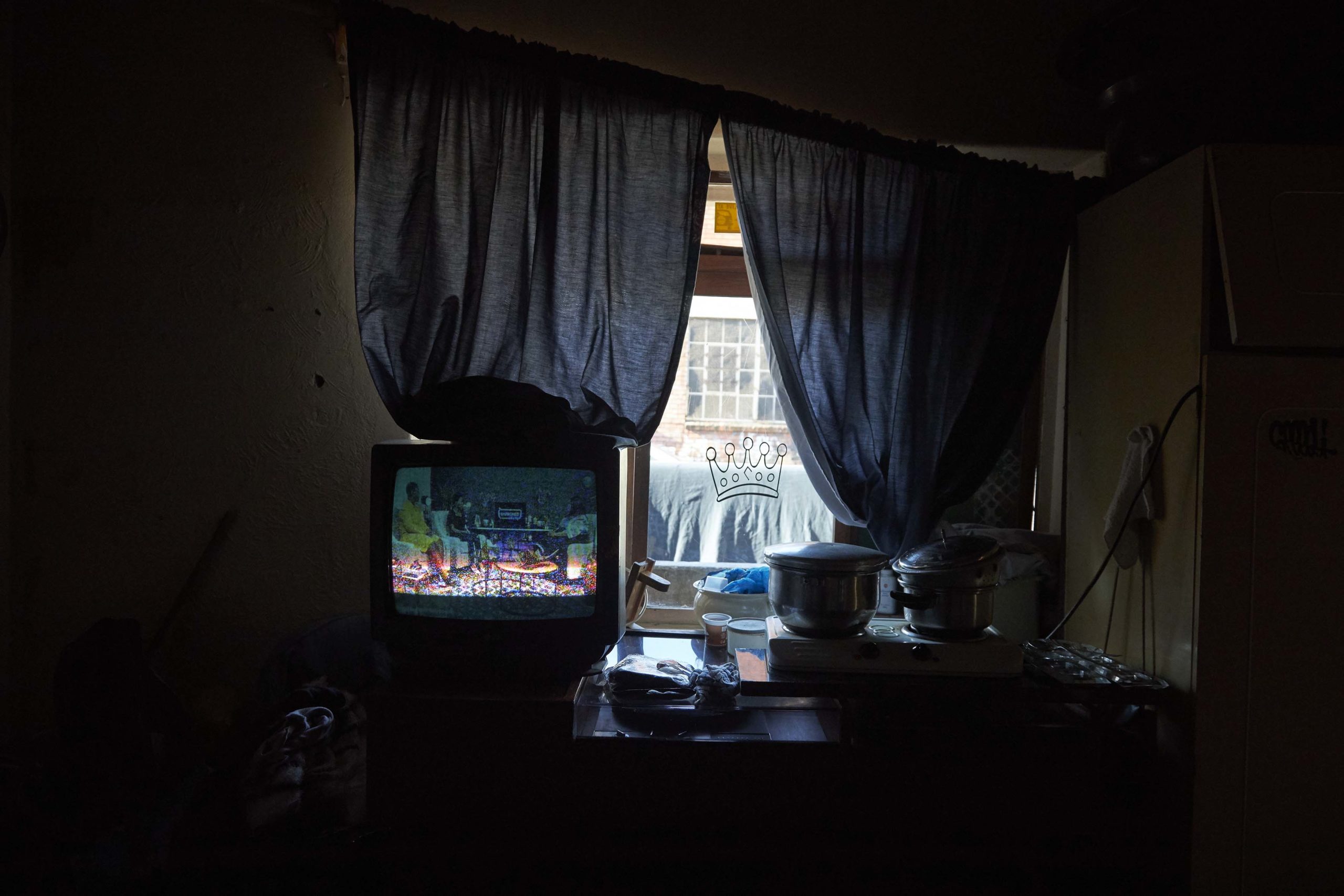
Judge Mark Sher’s judgment stated: “None of Cape Town’s ‘affordable’ suburbs (based on land values) were situated in close proximity to the city centre, and living in the inner city was increasingly an exclusive privilege which was reserved for the wealthy. The apartheid spatial form continued to predominate, with poor black African and coloured families living on the outskirts of the city and commuting long distances, at great economic and personal expense, to workplaces and educational facilities.
“During apartheid the Woodstock and Salt River areas were some of the only inner-city neighbourhoods in which coloured households managed to survive large-scale forced evictions, such as those which occurred in District Six … where some 60 000 people were forcibly evicted from the city.”
Sher said private property developers capitalising on increasing property values and tax incentives drove the gentrification and regeneration process in the area. This was after the inner-city precinct, including Woodstock and Salt River, was declared an urban development zone.
Nowhere to go
“To stay in a place for 35 years, that’s all you’ve ever known and then you must go to the outskirts,” Commando says. “Somewhere you’ve never been, you don’t even know where you are. No taxis, buses or schools nearby. What do you think is going to happen? We don’t know the outskirts of Cape Town. In Cape Town and around the city there are always job opportunities because there’s new buildings popping up. We have old people who stay here who can’t walk to the hospital themselves. What’s going to happen to those old people?” She is also worried about her sister, who is in her final year of school.
“Today it’s not a community any more because of people being evicted out of Bromwell Street and not knowing where to turn to for help or how to go about their cases … All that joy of our community is gone. We have people staying all around the Cape Flats that were evicted. It’s not an easy thing and it’s very heartbreaking.”
She adds that during the court proceedings, Bromwell residents identified land owned by the City in Salt River and Woodstock that would work as emergency accommodation.
Malusi Booi, the City’s mayoral committee member for human settlements, said the judgment and orders have far-reaching implications for the City’s housing mandate. “It is also precedent-setting in certain key respects. The City has therefore applied for leave to appeal to the Supreme Court of Appeal, alternatively, [to] the full bench of the Western Cape high court. The application for leave to appeal is still to be determined.”
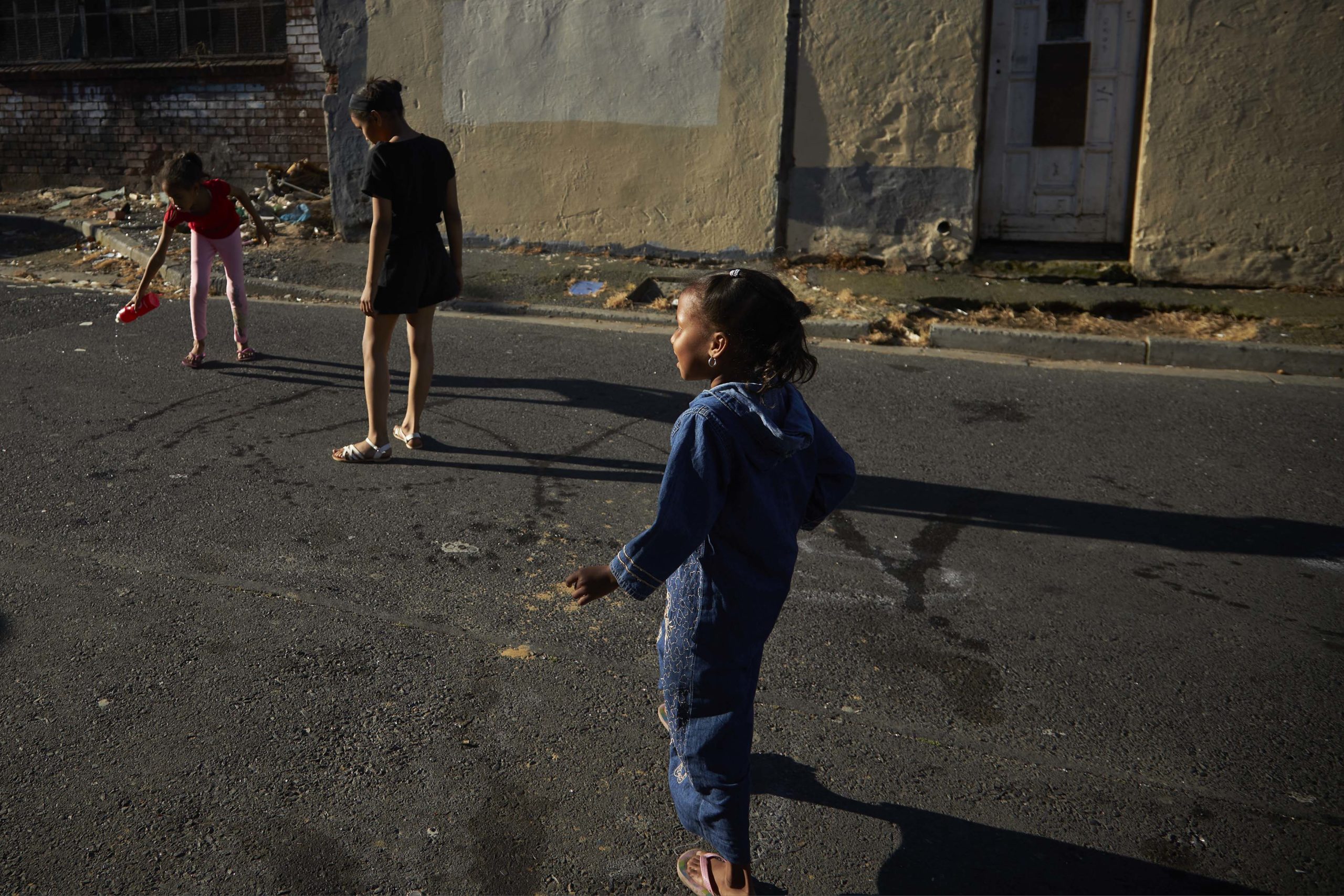
When asked about emergency housing for the residents, he said: “The City has some available spaces and some in emergency shelter areas, however, these are in high demand. The willingness and cooperation from potential evictees to accept offers made to them are limited. The City will always look at assisting vulnerable residents where it can.”
Disha Govender, the attorney at Ndifuna Ukwazi Law Centre says she became aware of the Bromwell Street residents while Ndifuna Ukwazi was doing campaign work in Woodstock and Salt River in 2016. The law centre stepped in to help the residents when it became clear they had nowhere to go. “The City didn’t have a coherent emergency housing plan and wasn’t implementing it in a rational manner. When we dug a little deeper we realised The City has never really been involved in the matter when the eviction orders were granted.”
Related article:
She says the residents were not aware that the City had an obligation to provide them with emergency housing if they were going to be rendered homeless. So Ndifuna Ukwazi launched a court case separate to the eviction application on behalf of the residents. While the matter is being appealed, the centre hopes to compel the City to comply with its obligations.
During the court proceedings, the City offered accommodation in Wolwerivier, 30km from the city centre, and in Kampies settlement in Philippi, 15km away. Both areas have limited municipal services and it was argued by the residents that the offers to relocate to those areas were not consistent with the City’s obligations.
“If government and political parties who are seeking to hold positions are serious about tackling housing, then it wouldn’t be a case of pointing fingers and essentially playing the blame game,” says Govender. “It would be all hands on deck, everybody working towards ensuring that there is delivery and that delivery happens quickly because this is an emergency.”
Broken promises
Commando says staying in Bromwell Street during this process has strained the residents. “Staying here during this eviction was very stressful. It causes emotional [and physical] stress. People don’t know what is going to happen to them … It’s not an easy process to go through.” But it is important for people to stand up for themselves and each other, she says. “People see that you are fighting for what is right and people stand with you … We are still fighting.”
The lack of affordable housing was one of the issues listed for canvassing votes ahead of the local government elections. Several political parties released statements on the issue. Residents, though, remain sceptical.
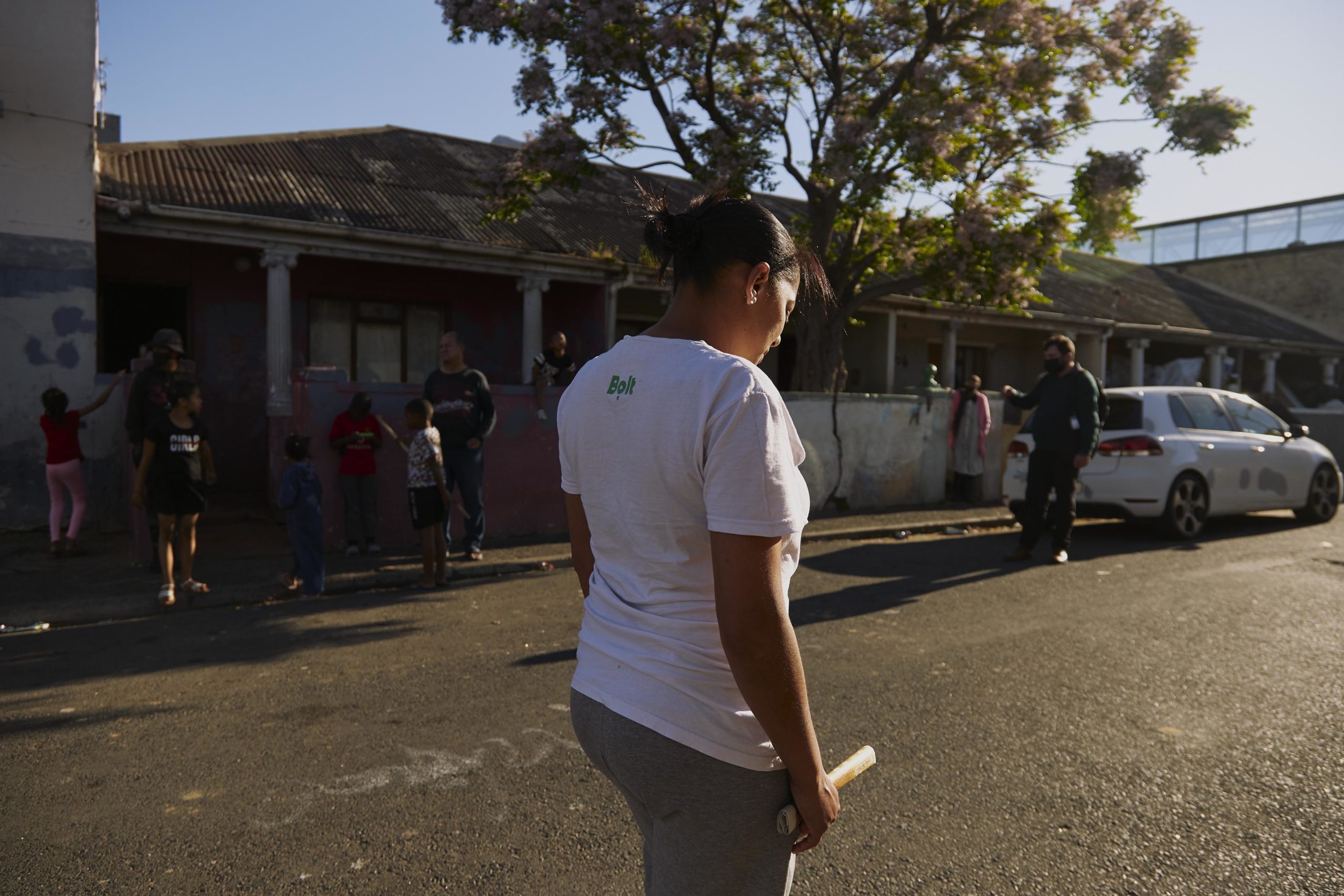
“Promises, promises, promises… that is all that has been happening,” Commando says. “Since we started this case we’ve had promises. So how can we ever believe what they are saying now?
“What must I do? Must I wait until I’m 40? As we told the City, we don’t want to stay for free. We are willing to pay our rates wherever we go. We are willing to pay what we must. All we want is decent, affordable housing as near as possible. That is all we ask for.”

